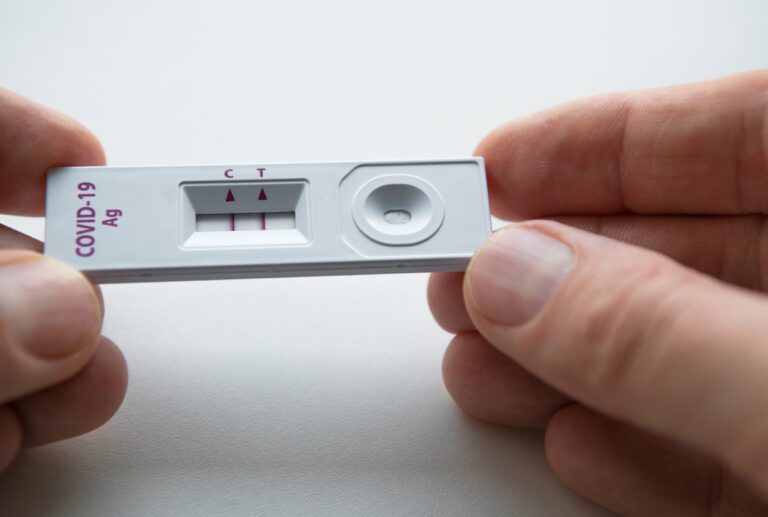Researchers from Britain’s Oxford University found a genetic device in mice that hinders their body clock and stops it from adjusting to patterns of light and dark.
The findings were the result of studying the patterns of genes in a targeted area of the brain, which in mammals is responsible for pulling cells into the same biological rhythm.
The team found that, when they blocked the activity of one particular molecule, called SIK1 – responsible for mice adapting to light cycles – the mice recovered faster from the shifts from daily light and dark cycles, produced to bring on a sort of mouse jetlag.
If scientists can block the same device in humans, jet lag could soon become a nuisance of the past.
“We’re still several years away from a cure for jet lag, but understanding the mechanisms that generate and regulate our circadian clock gives us targets to develop drugs to help bring our bodies in tune with the solar cycle,” said Russell Foster, director of Oxford’s sleep and circadian neuroscience institute.
Foster also believes that the drugs could assist with a broader range of problems, including mental illness and troubled sleep.







